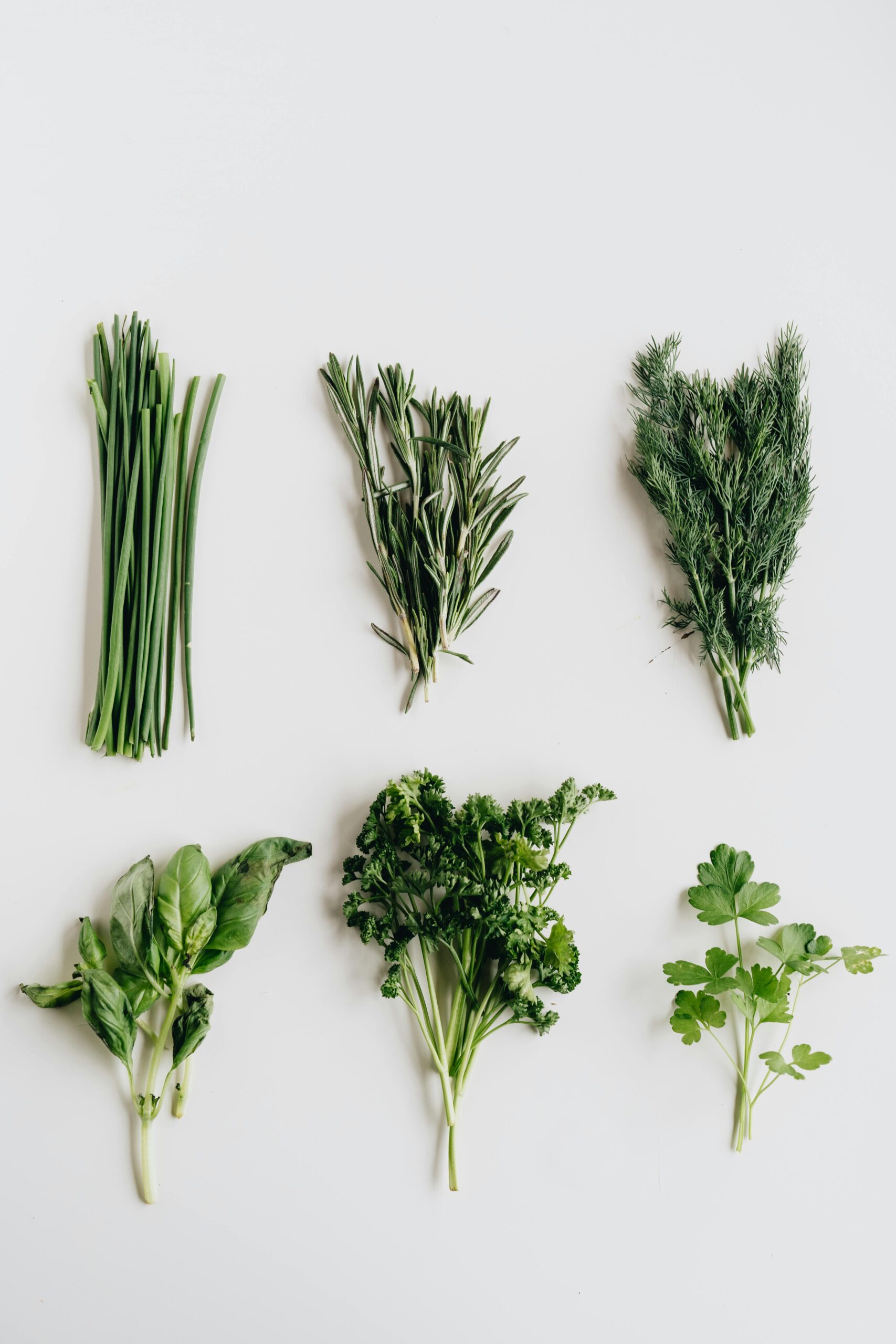
Fresh herbs are such a wonderful addition to a meal. Buying them, even in the summer, can be
expensive and they are not always fresh. The good news is that herbs are relatively easy to
grow, and now is a good time to plan a herb garden.
A herb garden doesn’t have to be large; even a space a metre by a metre is a good place to
start. You want a garden you can easily reach into without stepping in it, or conversely you can
put in stepping stones. It should be in a location that gets at least 6 hours of sunshine, has a
water source and is close to your kitchen for harvest. The garden spot should have well
drained soil. You should work soil lightly and incorporate organic matter.
The fun then is deciding what to grow. Herbs can be annuals lasting only one season, or
perennials that come back every year. You can grow many from seed though buying seedlings
might be a good place to start. Once established, many herbs can withstand or even prefer drier
conditions.
Favourite annuals start with basil and parsley. Both need warm weather for germination and
growth which often means waiting until June to get them going. You need to be careful with
seedlings; too much water and cool temperatures and they will rot or damp off. Once
established, plants will flourish in warm weather and pinching new growth will encourage more
branching and leaves.
Dill is an annual herb that reseeds every year. It is best started by seed planted early, directly in the garden as it bolts (goes to seed) in hot conditions. It can be finicky to start in the first year with only a few plants going to seed but usually takes off in subsequent seasons. Seed heads should be removed it you don’t want more plants. Lavender, thyme, sage, oregano and chives are all great sun loving
perennials for your garden. Once established they need infrequent watering. The plants should be trimmed for harvest and size management. Chives are easily divided. The exception is lavender
which should be left to bloom as the flowers along with the leaves are used as a herb. Group these plants together in your garden for easier watering.
Once your herb garden is established, trimming or pinching leaves helps ensure new growth
plus keeps perennials from getting woody. And if the plants are getting too large a more
aggressive trim will keep them in check.
Herbs can be used fresh but there are many ways to make the goodness last by drying, putting
fresh herbs in oil for short time use or even freezing in ice cube trays with oil. So this year why
not try growing a few of your favourite herbs!
Sharon Zadorozny for the Puslinch Pioneer, Guelph and Wellington Master Gardeners
